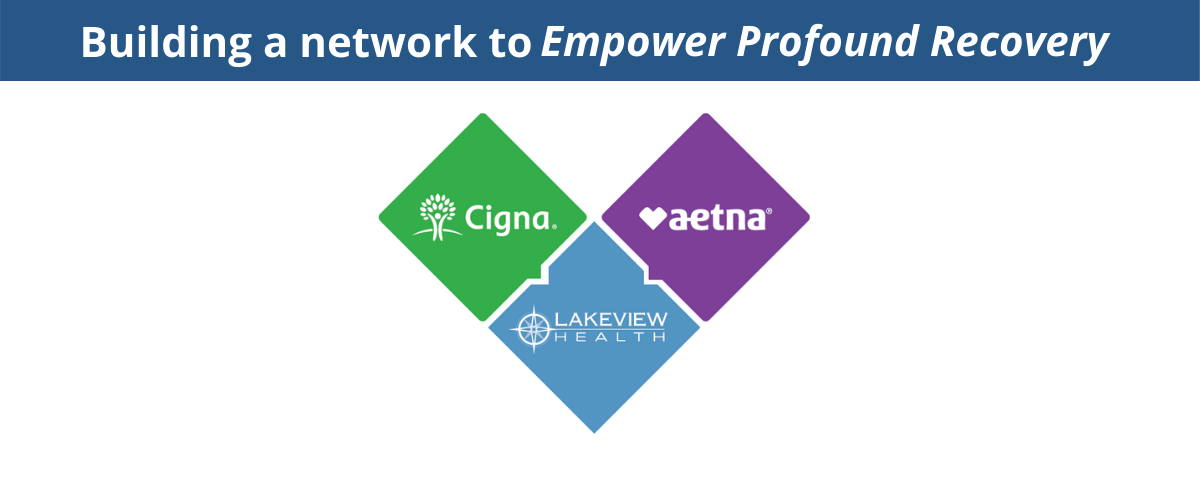

By: Lakeview Health
Wisconsin Leads Midwest in Alcohol Misuse and Faces Growing Meth Problem
By Michael Rass Like many other states in the Union, Wisconsin has an opioid problem. Governor Scott Walker put it bluntly: “We’ve recently seen opioid use and abuse escalate throughout Wisconsin. The bottom line is this has become an epidemic, and every year we see more people dying from opioid overdose.” Last year, the Wisconsin Department of Health Services issued a public health advisory warning that “opioid abuse and drug overdoses have a devastating impact on individuals, families, and communities in our state. Wisconsin must acknowledge this impact and work together to address this public health epidemic.”
America’s Drunkest Cities
Opioids are not the only substances driving the addiction crisis in Wisconsin, though. The state leads the Midwest in heavy drinking, and a Delaware-based financial news and opinion corporation has rated Green Bay the “drunkest city” in America. “The excessive drinking rate among adults in Green Bay is the highest of any metro area in the country,” according to a 24/7 Wall St. study released in May. It notes that more than 26 percent of Green Bay’s adult residents regularly drink to excess or binge drink, compared to the national average of 18 percent. The Centers for Disease Control and Prevention define binge drinking as men consuming five or more alcoholic drinks in less than two hours and women consuming four or more alcoholic drinks in less than two hours. And Green Bay is only one of many cities in Wisconsin with a drinking problem. Of the top twenty “drunkest” US cities on the 24/7 Wall St. list, ten are in the Badger State: Green Bay (No. 1), Eau Claire (No. 2), Appleton (No. 3), Madison (No. 4), Oshkosh (No. 6), Wausau (No. 9), La Crosse (No. 10), Fond du Lac (No. 12), Sheboygan (No. 15), and Milwaukee (No. 20).
Methamphetamine Use Troubling
In addition to widespread opioid and alcohol misuse, the state faces a serious methamphetamine problem. According to another recent study, meth use in Wisconsin increased 250 percent from 2011 to 2015. The 2016 Wisconsin Methamphetamine Study is the product of a year-and-a-half year-long look into meth misuse in Wisconsin. Special Agent in Charge Justin Tolomeo of the FBI Milwaukee Division and Wisconsin Attorney General Brad D. Schimel announced the results earlier this year. “The rise of methamphetamine use in Wisconsin is troubling,” said Tolomeo. “The FBI is committed to working with Wisconsin DOJ and other local and federal law enforcement agencies throughout the state to rid our communities of this harmful drug.” Methamphetamine is a highly addictive substance. An overdose often leads to a stroke, a heart attack, or other organ problems. Withdrawal symptoms can include anxiety, fatigue, severe depression, psychosis, and intense craving. If someone uses meth long enough, other more serious psychiatric symptoms can emerge, such as paranoia, violent behavior, hallucinations, and repeated motor activities In a legislative hearing, Attorney General Schimel described some of the challenges facing the state. “Meth is notorious for not only destroying the user but the entire family and community around each user,” he said. Law enforcement and prosecution alone won’t solve the problem, as Schimel acknowledged on Wisconsin Public Radio. “Just like with the opiate problem, we’ve recognized that if all you do is choke off the supply, you won’t solve the problem, because addicted people will switch to some other drug to abuse or they’ll find another source for it,” Schimel said. “You also have to address the demand.”
Raising Awareness
“There is a distinct lack of public knowledge about addiction in Wisconsin,” says Scott Carney, who represents Lakeview Health in Wisconsin. “People generally don’t want to talk about it. All too often the attitude is ‘This can’t be happening to us, nobody must know about it.’ The stigma surrounding the disease of addiction is still strong here,” says Carney. There is also a shortage of appropriate treatment facilities for meth addiction in Wisconsin. Lakeview Health in Florida provides patients with the treatment programs and therapeutic care they need in order to combat the long-term health risks associated with the misuse of methamphetamine. Lakeview provides medicinal and behavioral therapies designed to help patients normalize their brain chemistry. They also learn how to cope with stress or anxiety without relapsing into substance misuse. Although recovering from addiction can be a tough challenge, Lakeview Health can help anyone suffering from a substance use disorder get their life back on track.





